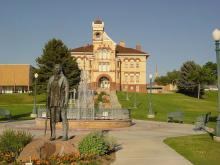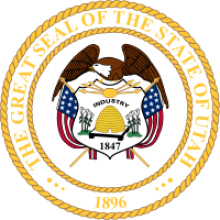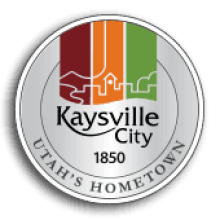Finding Our Way with the Help of Digital Navigators - Episode 442 of the Community Broadband Bits Podcast

In August we first covered the National Digital Inclusion Alliance’s new Digital Navigator’s program, which provides a best-practices model for organizations looking to use local resources to help neighbors learn the skills and overcome their reluctance to getting online. This week on the podcast Christopher welcomes Paolo Balboa, Program Manager at the National Digital Inclusion Alliance and Shauna Edson Digital Inclusion Coordinator, at the Salt Lake City Public Library to dive deeper into the program and talk about lessons learned so far.
The group dives right into what digital equity means both in policy and practice, and how we can be more thoughtful about both. Paolo shares the history behind the idea of the NDIA’s Digital Navigator Program and how it came to fruition, helpfully, right at the start of the pandemic.
Shauna talks about the challenges Digital Navigators confront head on in communities, from helping residents overcome lack of familiarity with new devices, to learning to navigate the web, to connecting with local resources. Both Shauna and Paolo stress that successful forward progress will come from the presence of ongoing programs staffed by fellow community members, and Shauna shares the progress made in Salt Lake City so far.
This show is 32 minutes long and can be played on this page or via Apple Podcasts or the tool of your choice using this feed.
Transcript below.
We want your feedback and suggestions for the show-please e-mail us or leave a comment below.
Listen to other episodes here or view all episodes in our index. See other podcasts from the Institute for Local Self-Reliance here.
Thanks to Arne Huseby for the music. The song is Warm Duck Shuffle and is licensed under a Creative Commons Attribution (3.0) license.








